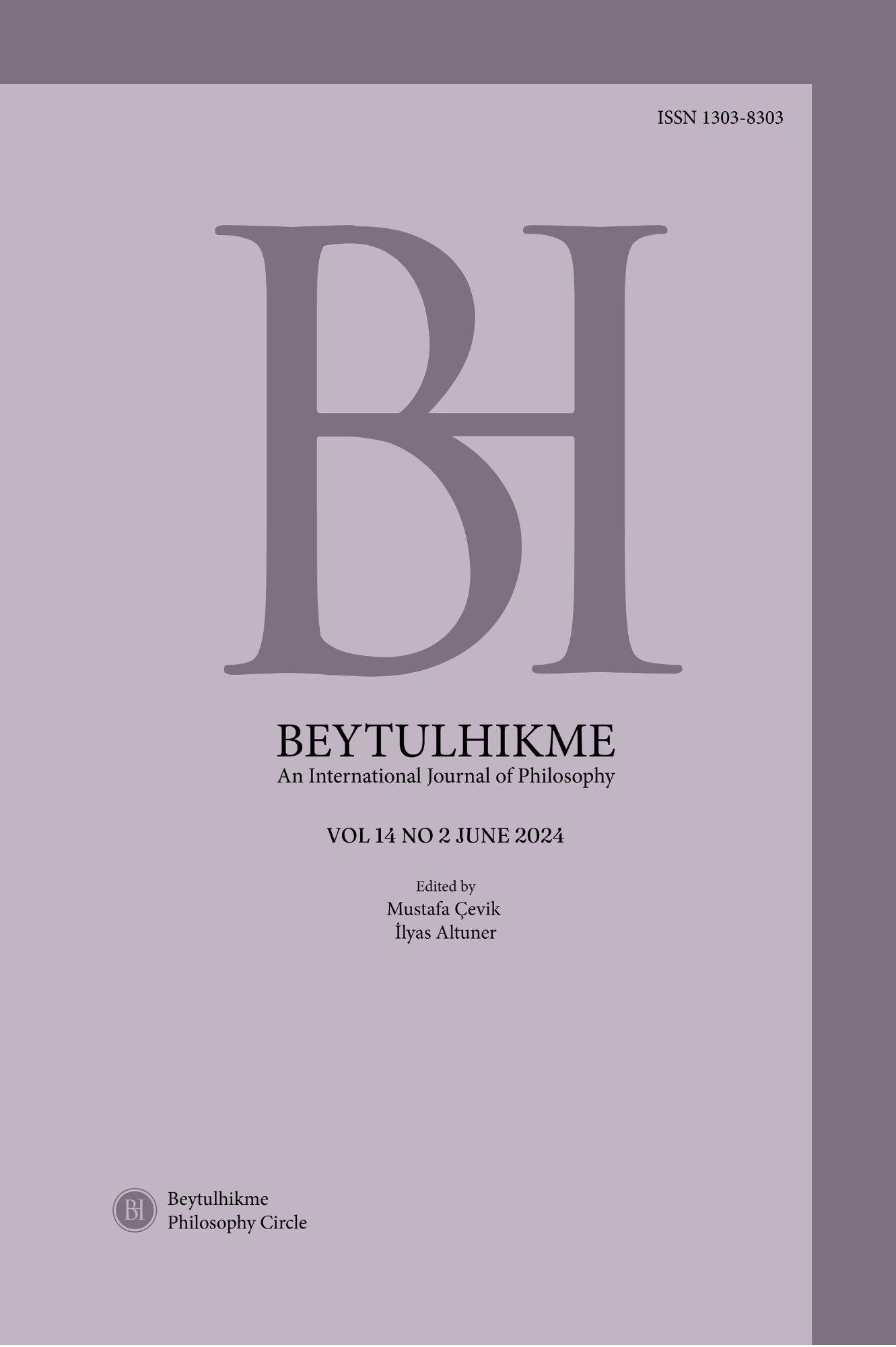Author :
Abstract
Muhayyile yetisi ve fonksiyonları bilgiyi elde etme süreçleri bağlamında üzerinde durulması gereken önemli hususlardan biridir. Tarihi seyir içerisinde, bu bağlamda yapılan tartışmalara önemli katkılarda bulunan isimlerden biri klasik dönemin seçkin simalarından İbn-i Sînâ iken, diğeri ise modern dönemin zirve ismi Kant’tır. Bu iki düşünürün muhayyile teorilerine dair bir karşılaştırma, bir taraftan konunun daha iyi anlaşılmasına yardımcı olacakken diğer taraftan da İbn-i Sînâ ve Kant’ın konu bağlamındaki görüşlerinin ne ölçüde benzerlik ve farklılıklar içerdiğini belirlememize yardımcı olacaktır. Bu çerçevede çalışmanın temel tezi, Kant’ın muhayyile teorisinin mahiyeti ve ele aldığı problemler açısından, İbn-i Sînâcı yaklaşımdan önemli ölçüde farklı olduğudur. Bu en temelde, Kant’ın muhayyile yetisinin sentez fonksiyonunu, deneyimi mümkün kılan a priori bir akt olarak bilincin birliğiyle ilişkisi içerisinde ele almasına karşın, İbn-i Sînâ’nın bu yetinin fonksiyonlarını soyutlama sürecini açıklama bağlamında incelemesinden kaynaklanır. Buna bağlı olarak Kant, muhayyile yetisinin fonksiyonlarını bilinç düzeyinde ve kapsamlı bir akt olarak ele alır.
Keywords
Abstract
Imagination and its functions are one of the important issues that should be emphasized in the context of the processes of obtaining knowledge. In the course of history, one of the names that made significant contributions to the discussions in this context is Avicenna who one of the distinguished figures of the classical period and the other is Kant who the peak name of the modern period. A comparison of the imagination theories of these two thinkers on the one hand will help us better understand the subject and on the other hand it will help us determine to what extent the views of Avicenna and Kant on the subject contain similarities and differences. In this context, the main thesis of the study is that Kant's theory of imagination in terms of its nature and the problems it addresses is significantly different from the Avicenna approach. This basically stems from the fact that, while Kant considers the synthesis function of the faculty of imagination in its relationship with the unity of consciousness as an a priori act that makes experience possible, Avicenna examines the functions of this faculty in the context of explaining the process of abstraction. Depending on this, Kant treats the functions of the imagination as at the level of conscious and as a comprehensive act.





